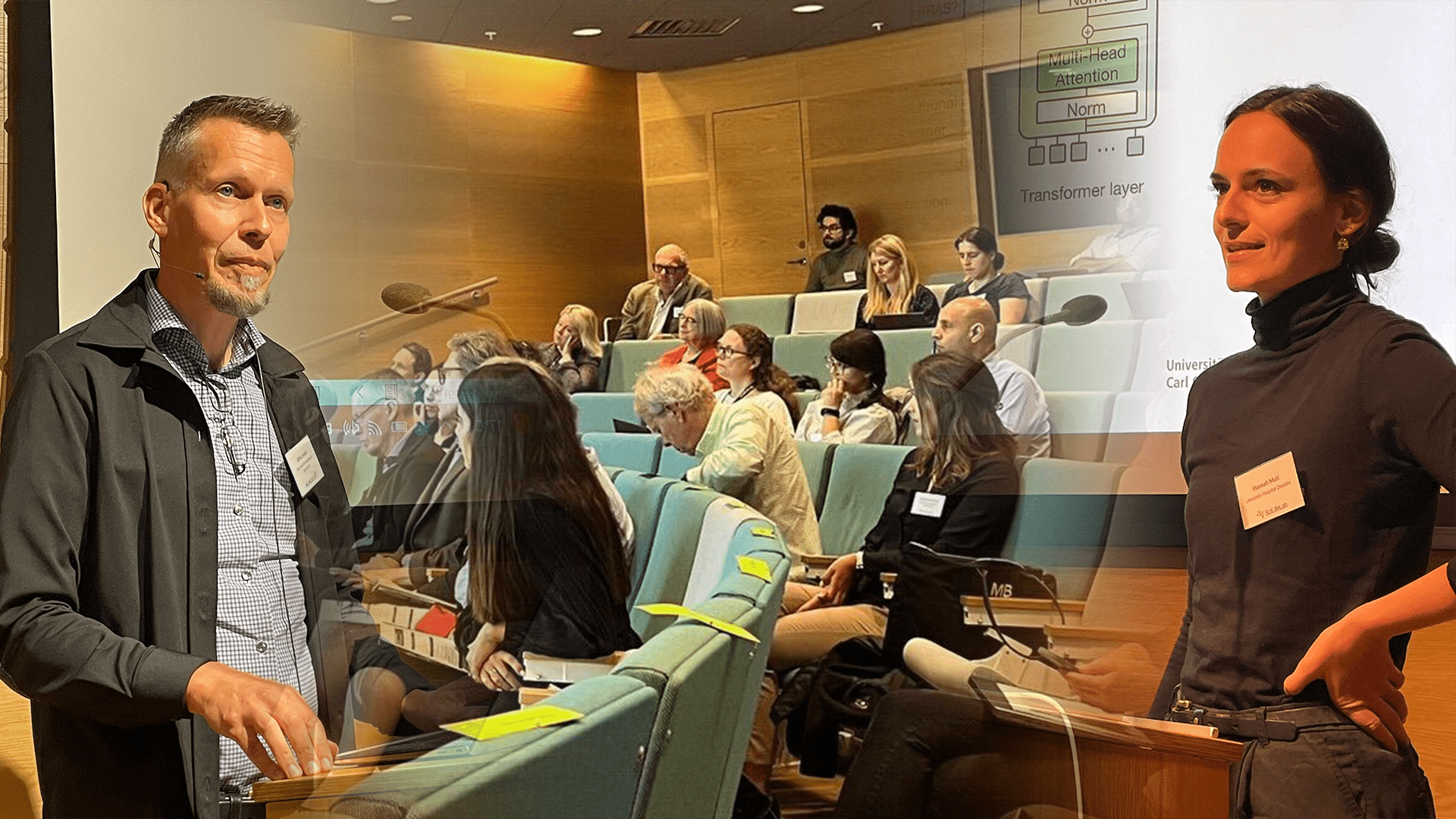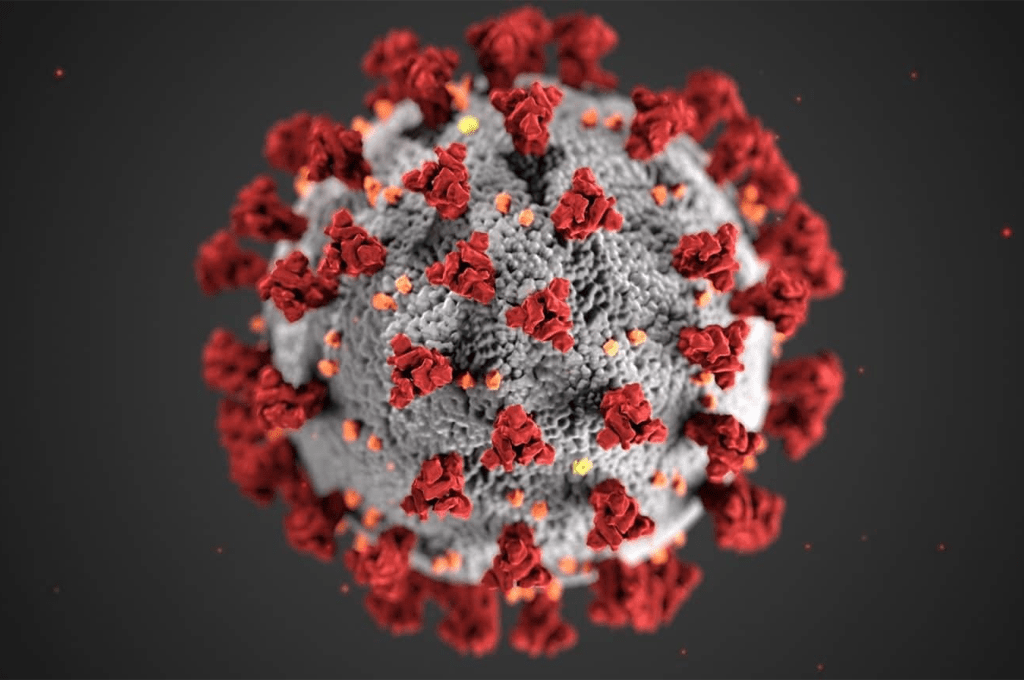Emerging data-driven approaches to cancer explored at the DDLS Precision Medicine Symposium
The DDLS Precision Medicine and Diagnostics research area held its second symposium in Uppsala on September 6th. The focus of this year’s event was on emerging data-driven approaches to cancer. The symposium was designed to facilitate networking among members of the research community and to discuss important research questions.
During the symposium, twelve speakers presented their research on cancer, specifically on data-driven approaches. The audience engaged in discussions after the talks. One of the speakers was Olli Kallioniemi (Karolinska Institutet), director of SciLifeLab. He presented a data-driven approach for defining hallmarks in Acute Myeloid Leukemia (AML), which utilized deep exome, transcriptome, DNA methylation, and proteome profiling, as well as ex-vivo functional testing of several drugs to samples from 118 AML patients. Another speaker was Michael Mints from the Weizmann Institute of Science, Israel, who presented how his research group used single-cell RNA-seq to profile both HPV-positive and HPV-negative oropharyngeal tumors and how their approach uncovered a high level of cellular diversity within and between tumors.
The symposium also included a panel discussion moderated by Janne Lehtiö, the research area lead for DDLS Precision Medicine and Diagnostics. The panel discussed how to catalyze communities and networking to bring in diverse groups of people, such as data scientists, clinicians, and basic scientists. Both the speakers and the audience discussed the importance of data sharing and building channels to navigate through different data sets that are available. The panelists suggested various activities, such as organizing seminars and focus groups, creating initiatives to integrate the way data sets are approached, and building genome-scale metabolic models.
The panelists also discussed the importance of collecting high-quality metadata for data analysis and how to obtain good metadata by involving clinicians in the data collection process. They explored the potential of AI in predictive medicine using diverse data sets and suggested that the education system should incorporate AI programming early on so that clinicians, nurses and other healthcare professionals are not scared of AI in healthcare. Finally, the panelists discussed the importance of thorough baseline profiling and better indicators of treatment response.
Sven Nelander, Professor, Dept of Immunology, Genetics and Pathology, Uppsala University, the lead for the organization of the minisymposium this year and one of the experts in the DDLS Precision Medicine and Diagnostics Research Area, expressed his satisfaction with the high level of interest in the symposium and the quality of the science presented. He believes that this is a good sign for the implementation of DDLS and that medical faculties and SciLifeLab will need to stay agile and involve modern perspectives in their decision-making to attract the right talents.
Päivi Östling, the scientific lead for the SciLifeLab Precision Medicine Capability, was also pleased with the broad audience at the symposium, which included basic, translational, and clinical researchers, as well as precision cancer medicine decision-makers. She believes this points to a deep interest in what the talent recruited through the DDLS program can offer. She was also glad to hear the clear, unified voice from the panel discussion requesting access and ease of data sharing in Sweden to allow for this talent to grow further in their research
Fulya Taylan, who coordinates the DDLS Precision Medicine and Diagnostics research area and helped organize this year’s minisymposium, expressed her satisfaction with the high level of participation from a diverse group of researchers from various universities and university hospitals in Sweden. She also observed a strong sense of community and excitement among young researchers during the symposium.
Verónica Rendo, one of the speakers at the minisymposium from Uppsala University, expressed her thoughts on the event, stating, “This meeting allowed me to connect with a dynamic community of researchers focused on data-driven precision medicine across Sweden and Europe. As a young scientist, I greatly appreciated the chance to network with both other early-career researchers and established leaders who are leading the way with groundbreaking advancements in the field.





